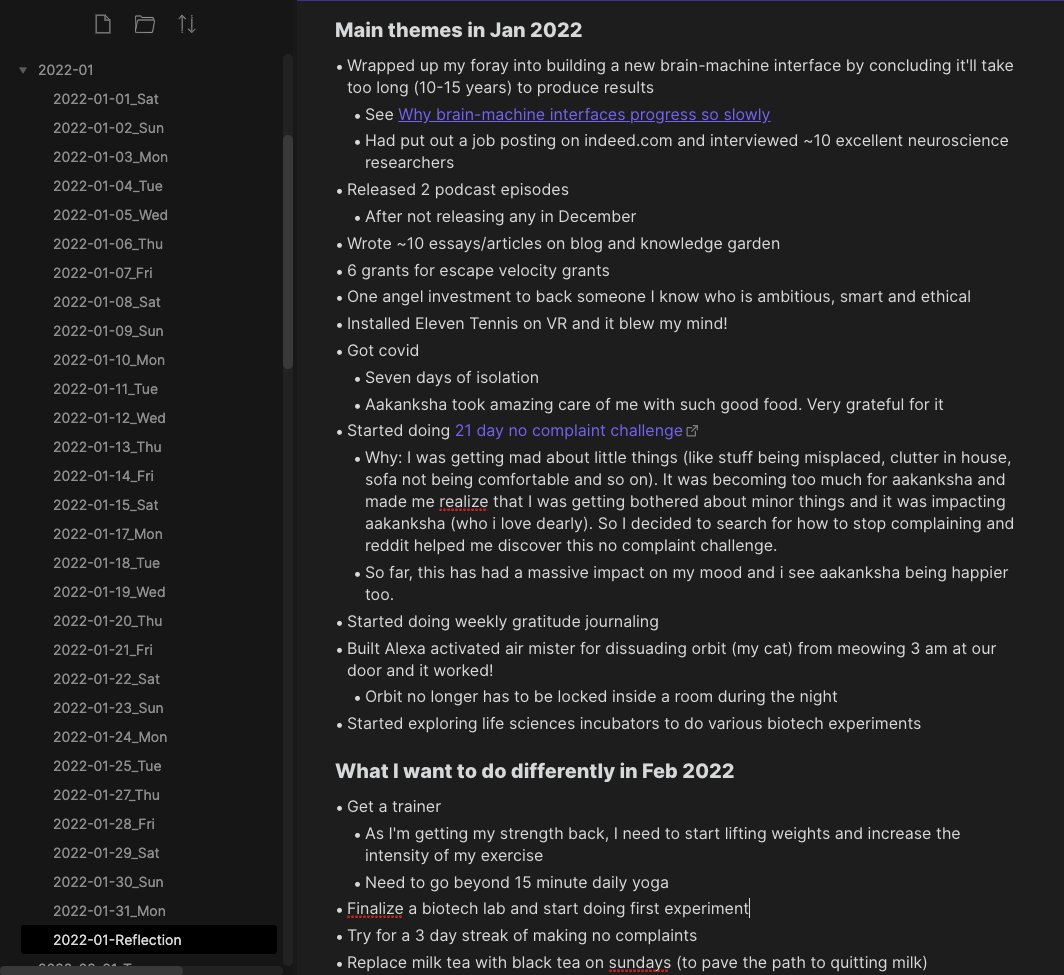
Some random thoughts on people feeling offended / triggered online.
🧵
🧵
1/ If you’re online and have thoughts or opinions, you will end up triggering someone.
You can’t help it, neither can the other person.
It’s the nature of non-face to face interactions.
You can’t help it, neither can the other person.
It’s the nature of non-face to face interactions.
2/ Social media is perfectly designed to amplify group solidarity around hate.
That’s what gets engagement and ads.
It’s not in Twitter or Facebook’s interest to curb hate because that’ll curb engagement too.
That’s what gets engagement and ads.
It’s not in Twitter or Facebook’s interest to curb hate because that’ll curb engagement too.
3/ These days, the question isn’t whether your ideas will offend someone but who will it end up offending.
Whether it was intended for them or not, content tends to reach groups who are ready to feel offended.
Whether it was intended for them or not, content tends to reach groups who are ready to feel offended.
4/ But online hatred and bullying has a chilling impact on thoughts.
The natural response for avoiding the feeling of offending someone is to stop having interesting thoughts.
But is that what you really want?
The natural response for avoiding the feeling of offending someone is to stop having interesting thoughts.
But is that what you really want?
5/ Nothing in our childhood prepared for hate from entire groups, something that’s so common online now.
It’s unnatural and unprecedented. Our minds are not prepared for this.
It’s unnatural and unprecedented. Our minds are not prepared for this.
6/ On receiving angry replies online, either people become even more extreme (siding with the opposite group) or they shut themselves completely in future.
What dies as a result is nuance.
It’s black or white or silence. Everything in between is lost in the discourse.
What dies as a result is nuance.
It’s black or white or silence. Everything in between is lost in the discourse.
7/ Secure people rarely get offended because they don’t care about reputation amongst groups who’re not ready to engage in good faith.
8/ The best hack I’ve found to deal with this is to imagine the offended person to simply be in a bad mood (which is often the case).
9/ If I offend entire groups, I know that’s a lost cause as you can’t convince groups of anything as their in-group solidarity is more important than discovering truth with you.
10/ Financial freedom really does help with not fearing triggering or offending people.
If you have a job to keep, you tend to keep your mouth shut and that starts making your mind shut to important issues.
If you have a job to keep, you tend to keep your mouth shut and that starts making your mind shut to important issues.
11/ That’s it!
If I offended you with any of my tweets, take a deep breath and perhaps drink some chai :)
None of what I or anyone else says is worth ruining your mood.
Your happiness is too precious for a stranger to steal with mere words.
If I offended you with any of my tweets, take a deep breath and perhaps drink some chai :)
None of what I or anyone else says is worth ruining your mood.
Your happiness is too precious for a stranger to steal with mere words.
• • •
Missing some Tweet in this thread? You can try to
force a refresh







